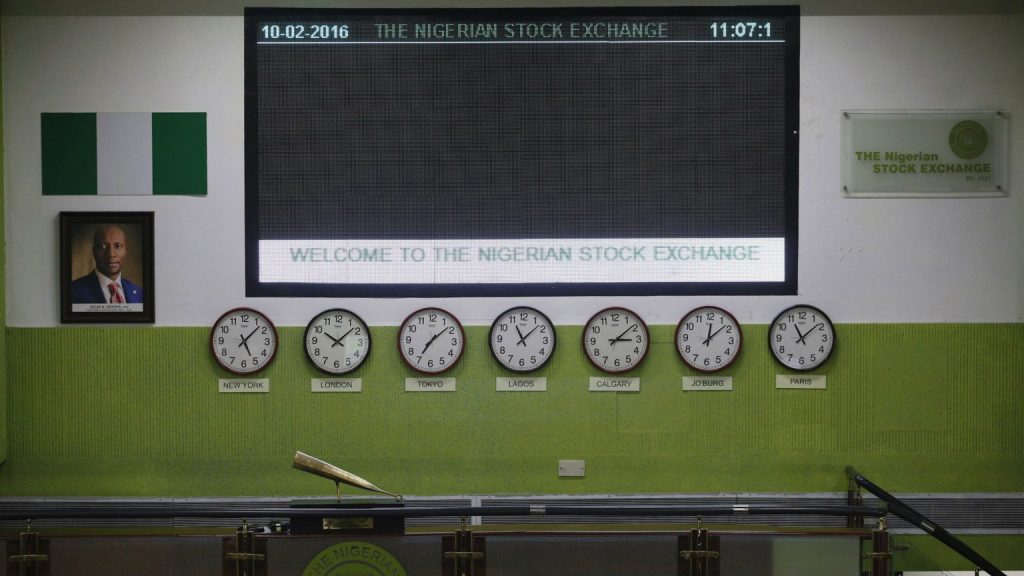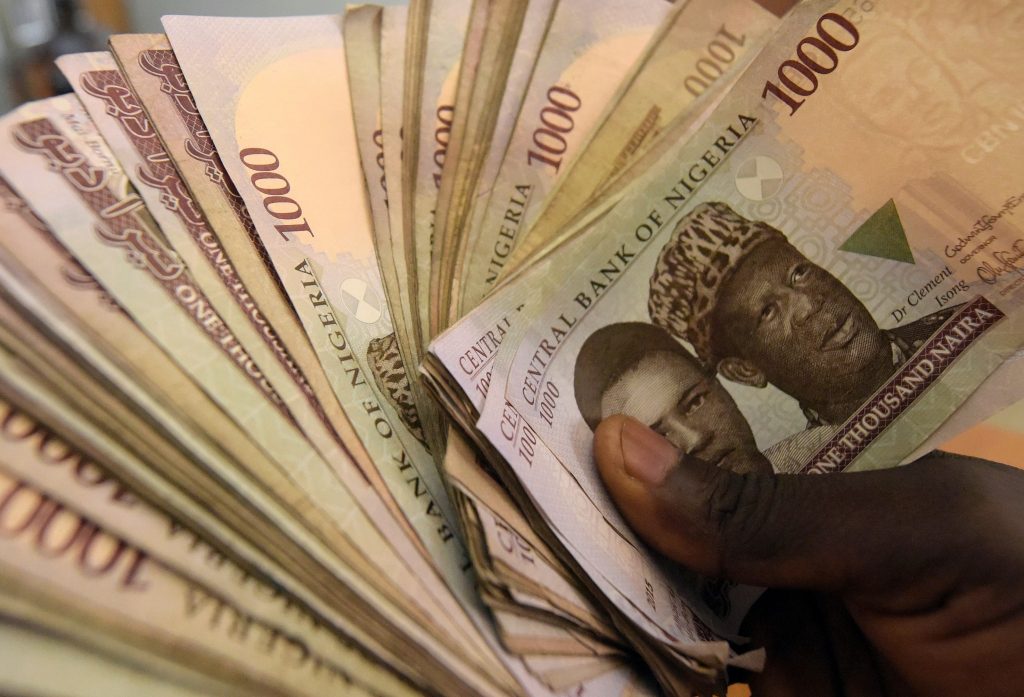The Nigerian government, as part of its ongoing efforts to reduce the socioeconomic impact of the COVID-19 pandemic in Nigeria, last week announced a gradual easing of the initial 28-day lockdown in the Federal Capital Territory, Lagos, and Ogun state, effective today, May 4, 2020.
This directive will entail a limit on all non-essential interstate travel, opening of businesses, markets and malls within designated hours, and a nationwide curfew between 8:00pm and 6:00am, except essential services.
Below is the Ventures Africa Weekly Economic Index, for the week ending 1st of May 2020. This economic index gives you a glimpse into other recent activities in Nigeria’s economy as well as changes and prices that could affect the economy:
Nigerian Stock Exchange

Data released by the Nigerian Stock Exchange (NSE) as of April 30, 2020, showed that the NSE All-Share Index and Market Capitalization both gained by 1.87 percent to close the week at 23,021.01 and N11.997 trillion, respectively. All other indices finished higher with the exception of NSE Meri Growth, NSE Consumer Goods and NSE Industrial Goods while the NSE ASeM index closed flat
Note: The market opened for four trading days this week as the Federal Government of Nigeria declared Friday 1st May 2020 a Public Holiday to commemorate the 2020 Workers Day Celebration.
Top price gainers and decliners in the week under review:
Top five price gainers
Ardova Plc.
Lasaco Assurance Plc.
UACN Plc.
Vitafoam Nigeria Plc.
Chams Plc.
Top five price decliners
Nigerian Breweries Plc.
Transnational Corporation of Nigeria Plc.
Eterna Plc.
Prestige Assurance Plc.
Wema Bank Plc.
How did the Naira fare?

The Nigerian currency fell against the dollar at the close of last week, trading at 392 Naira per dollar, a steep fall from the 382 per dollar recorded a week before.
How did the price of oil fare?
Oil markets on Friday 1st of May, 2020 closed with a weekly gain. International benchmark Brent rose to $26.81 from $21.44 a week earlier. Production cuts of close to 10 million barrels per day (bpd) by OPEC+ kicked off Friday as the cartel looks to mitigate the supply glut and falling prices caused by the unprecedented dip in consumption. Oil demand is expected to fall by as much as 26 million bpd this month in the face of continued land and air travel restrictions, according to the International Energy Agency.








